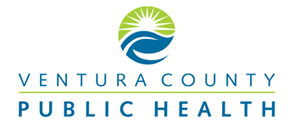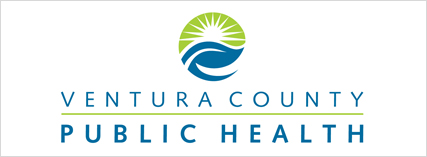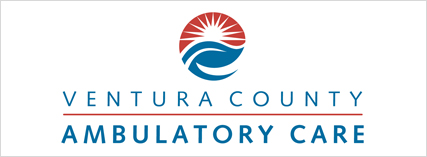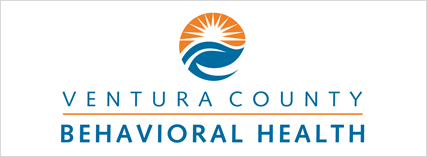Acerca de WIC
Fondo
Part of the nation’s nutrition safety net for over 50 years, WIC now serves more than 8 million pregnant and post-partum women, infants, and children in the US. For a family to participate, it must have a gross income of no more than 185 percent of the federal poverty level and be at nutritional risk. To simplify program administration, an applicant who already receives SNAP (formerly food stamps), Medicaid, or Temporary Assistance for Needy Families cash assistance is automatically considered income-eligible.
Extensive research has found WIC to be a cost-effective investment that improves the nutrition and health of low-income families — leading to healthier infants, more nutritious diets, better health care for children, and subsequently higher academic achievement for students. As a result of the research documenting WIC’s effectiveness, Administrations and Congresses of both parties have provided sufficient funding since 1997 to ensure that WIC can serve all eligible low-income pregnant women, infants, and young children who apply for it.
Objetivos
WIC provides federally-funded temporary assistance for Women who are pregnant, breastfeeding, or have recently had a baby and Infants and Children under five years of age.
Misión
To provide women, infants, and children with healthy food and the knowledge and opportunity to make healthy choices in an atmosphere of dignity and respect, thus enhancing the potential for all Californians to enjoy a higher quality of life.
Equal Access Policy
Per Federal civil rights law and U.S. Department of Agriculture (USDA) civil rights regulations and policies, the USDA, its Agencies, offices, employees, and institutions participating in or administering USDA programs are prohibited from discriminating based on race, color, national origin, sex, disability, age, or reprisal or retaliation for prior civil rights activity in any program or activity conducted or funded by USDA. Persons with disabilities who require alternative means of communication for program information (e.g., Braille, large print, audiotape, American Sign Language, etc.) should contact the Agency (State or local) where they applied for benefits. Individuals who are deaf, hard of hearing, or have speech disabilities may contact USDA through the Federal Relay Service at (800) 877-8339. Additionally, program information may be made available in languages other than English. To file a program complaint of discrimination, complete the USDA Program Discrimination Complaint Form (AD-3027) found online at http://www.ascr.usda.gov/complaint_filing_cust.html and any USDA office, or write a letter addressed to USDA and provide in the letter all of the information requested in the form. To request a copy of the complaint form, call (866) 632-9992. Submit your completed form or letter to USDA by: (1) mail: U.S. Department of Agriculture Office of the Assistant Secretary for Civil Rights 1400 Independence Avenue, SW Washington, D.C. 20250-9410 (2) fax: (202) 690-7442 (3) email: program.intake@usda.gov. USDA is an equal opportunity provider and employer.”
Program Director: Laura Flores, RD, CLEC







